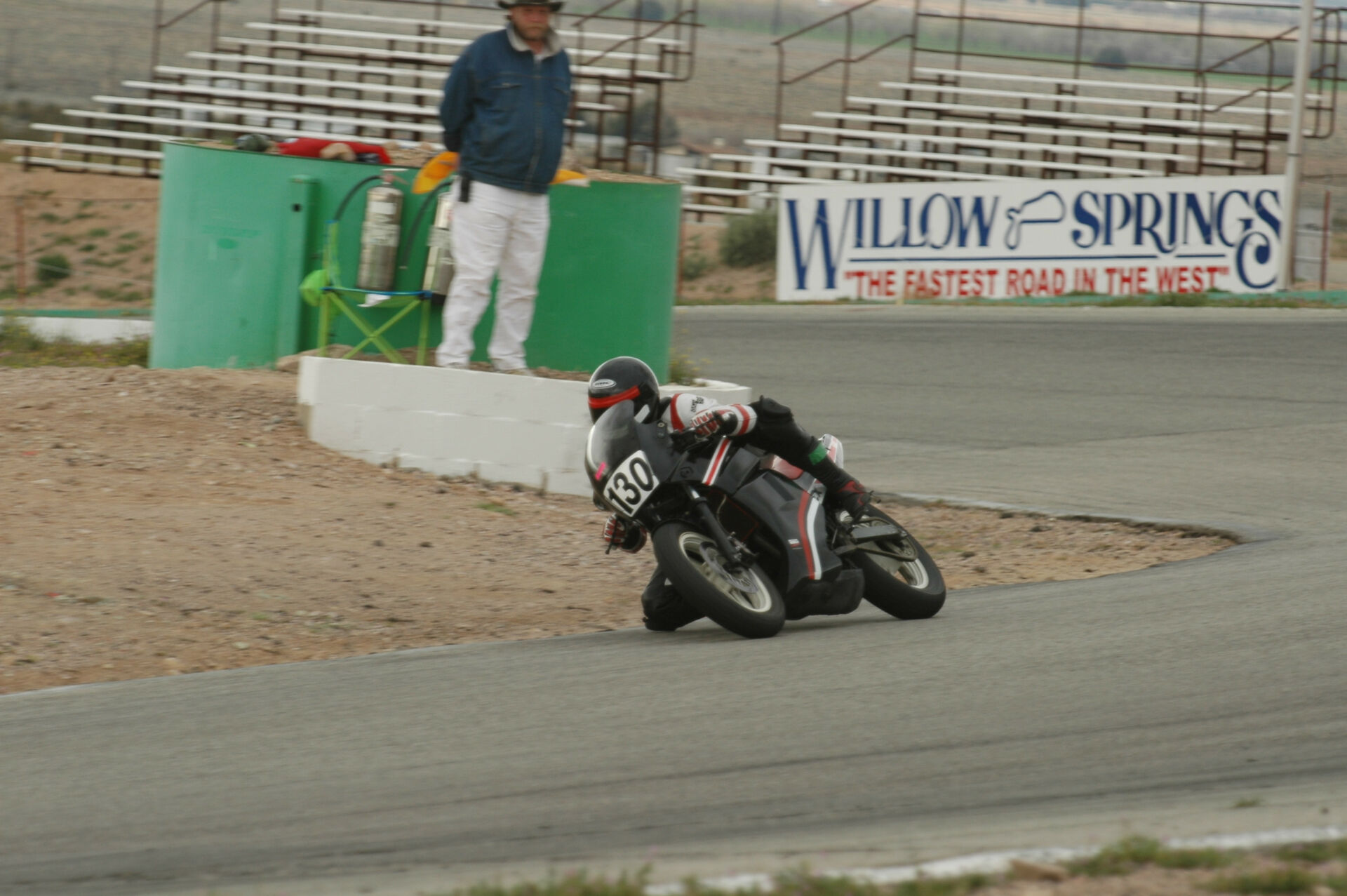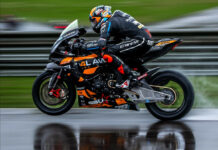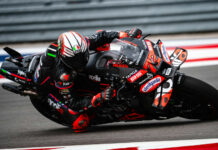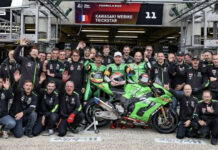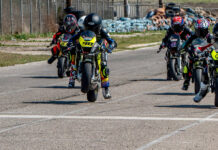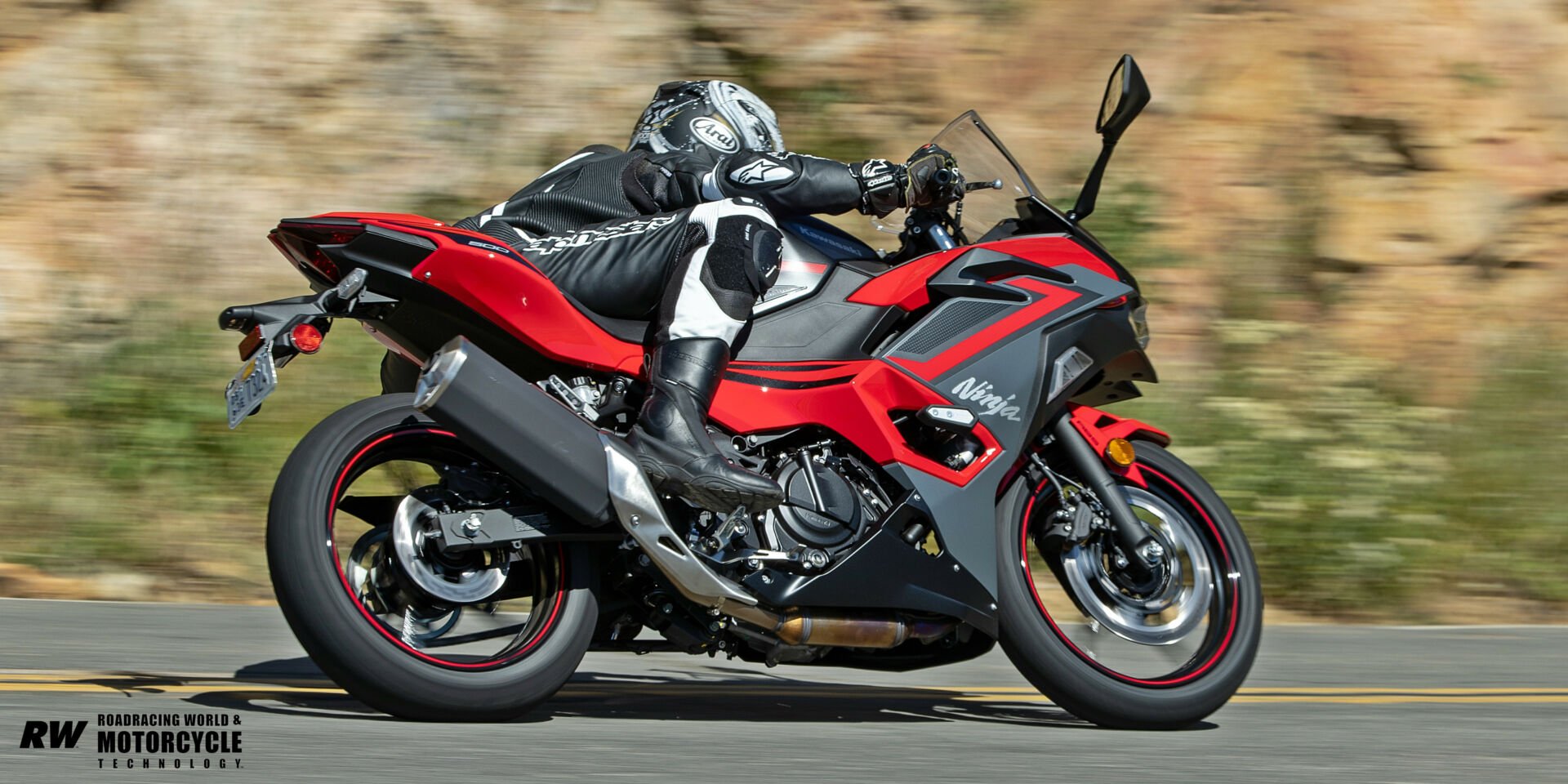Kawasaki’s Ninja 400 is one of the best-selling sportbikes in the world, so Kawasaki marketeers and engineers had to tread carefully when they upgraded the machine back to a full half-liter. Customers wanted more torque and power to make riding in traffic easier and more confidence-inspiring, but didn’t want to lose the light weight, flickability, and ease of operation that made the Ninja 400 so accessible to so many riders.
The 2024 Ninja 500 is, basically, a stroked version of Kawasaki’s well-sorted small-displacement Parallel-Twin four-stroke engine. The idea was to create a smooth, flat power curve. That makes it easy for beginning and entry-level riders to access the new power, enhancing their riding experience without overwhelming them.
With new bodywork, new instrumentation and a wide variety of color schemes and accessory levels, Kawasaki wants the new Ninja 500 to continue to bring riders into the sportbike fold. The company turned journalists loose on the machines for a ride through the fabled canyon roads above Pacific Coast Highway in California, and I got a chance to ride down Memory Lane as well. I not only spent years riding exactly those canyon roads in the past, but my first dedicated racebike was also a Ninja 500 from the early 1990s …
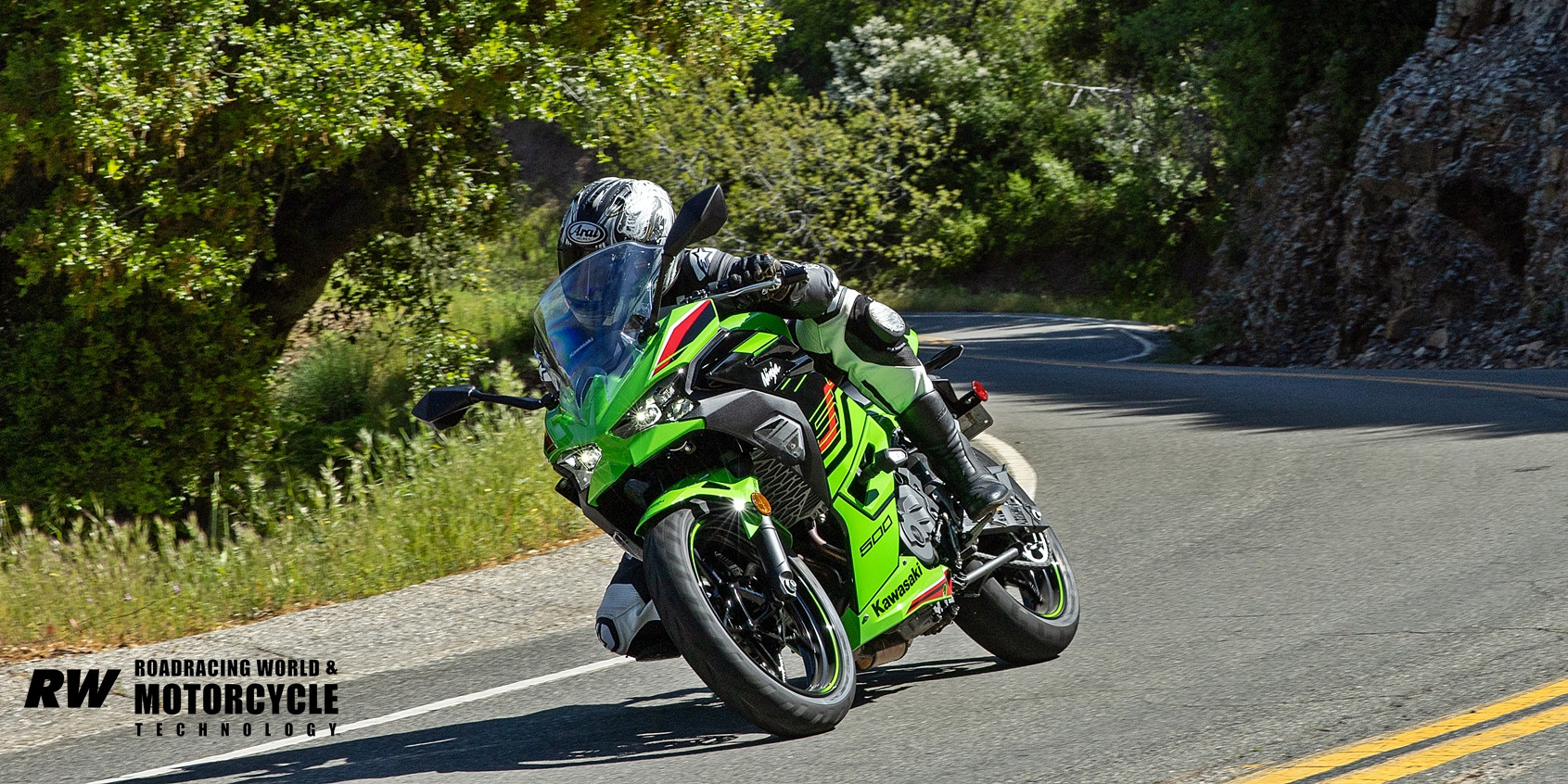
Easiest to think of the new Ninja 500 as a hot-rodded Ninja 400. Engine internals have been reworked for a longer stroke to bring the displacement to 451cc. New crankshaft, new connecting rods, new flywheel, new pistons and new cams help the upsized mill spin out a claimed 51.0 horsepower at 10,000 rpm. New airbox internals help keep the power curve nice and flat, and a new assisted slipper clutch transmits power to the 6-speed transmission.
The bodywork is new, designed to create a familial relationship with the company’s supersport Ninja models and to better protect the rider from the elements. The seat is revised, the dash upgraded on the SE models. Otherwise, it’s the familiar steel trellis frame, conventional 41mm forks and a shock adjustable for preload. The only electronic rider aid is ABS.
Kawasaki hit the mark when it came to power delivery. Aided by a smooth, progressive, ridiculously easy-to-use clutch, the bike pulled away cleanly from a stop and cruised comfortably at freeway speeds, and also spun happily to the rev limiter while running up through the gears.
The riding position is spacious and vibration is minimal, and the bodywork does a reasonable job of reducing wind blast. And it might seem like a trivial point, but Kawasaki engineers fitted a larger front brake master cylinder to provide more feel at the lever. New riders need to get comfortable using the front brake, and the Ninja 500’s front brake experience helps them get used to going for that lever. And if they panic anyway, the ABS is there to save them.
Pretty much the only downside is the too-soft damping front and rear that left the bike pogo-ing over bumps and also pitching the front end back to near full-extension after letting off the brakes. It’s common among machines in this category, and there’s a cheap and easy fix. The surprisingly good Dunlop GPR-300 radials front and rear provide excellent mid-corner traction, and on smooth, sweeping turns, the Ninja 500 is stable and quick enough to be truly entertaining.
Kawasaki says the bike’s most likely customers have less than a year of riding experience, will probably not test-ride the bike, and are looking for style and ease of use on a machine that makes them feel when commuting or riding on the highway. The Ninja 500 provides more power, more accessibly, than its predecessor, and that means less riding drama overall. It’s a bike someone new to sport riding can learn on, improve and grow with. It’s good enough to make someone a performance rider for life.
